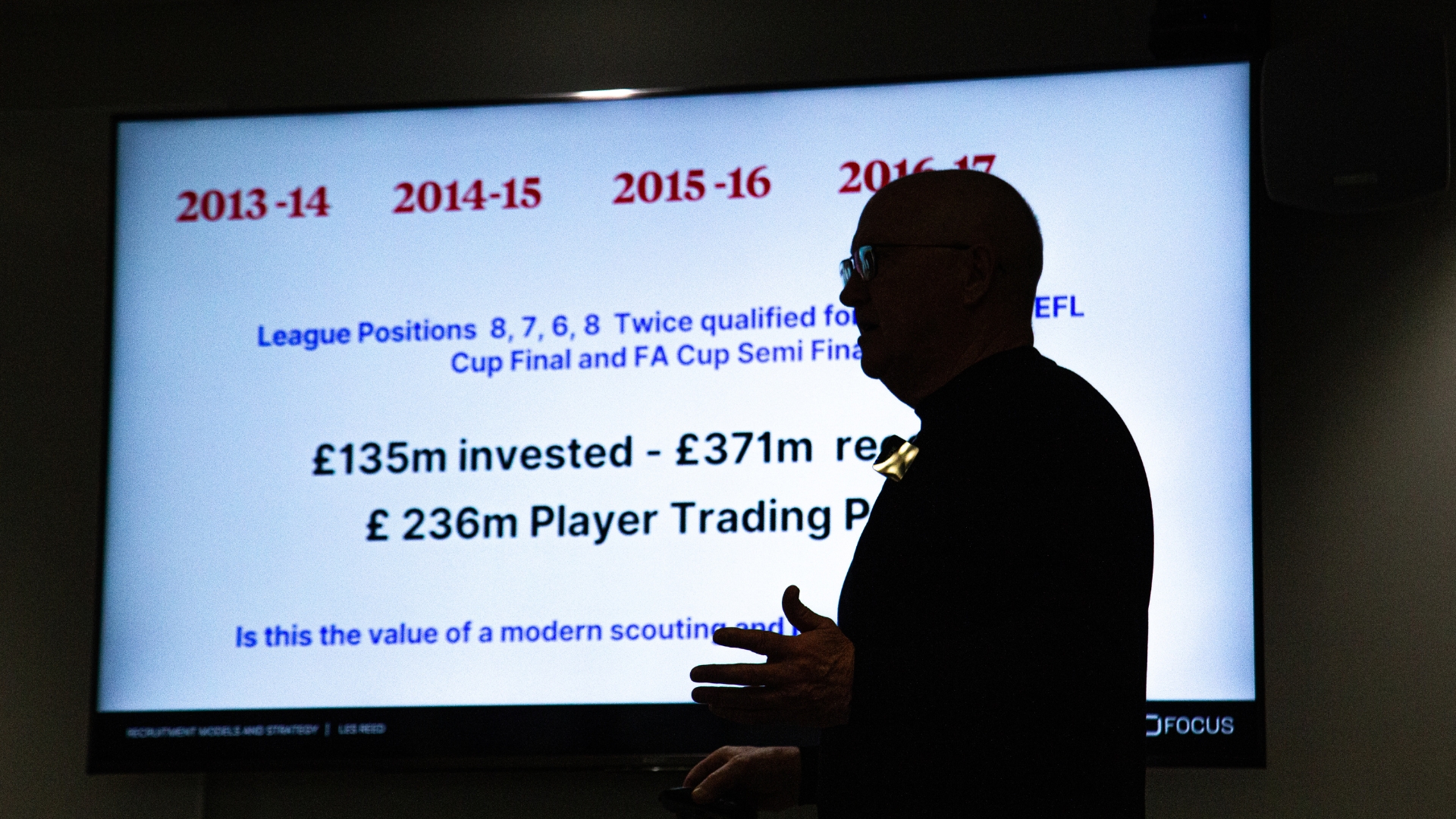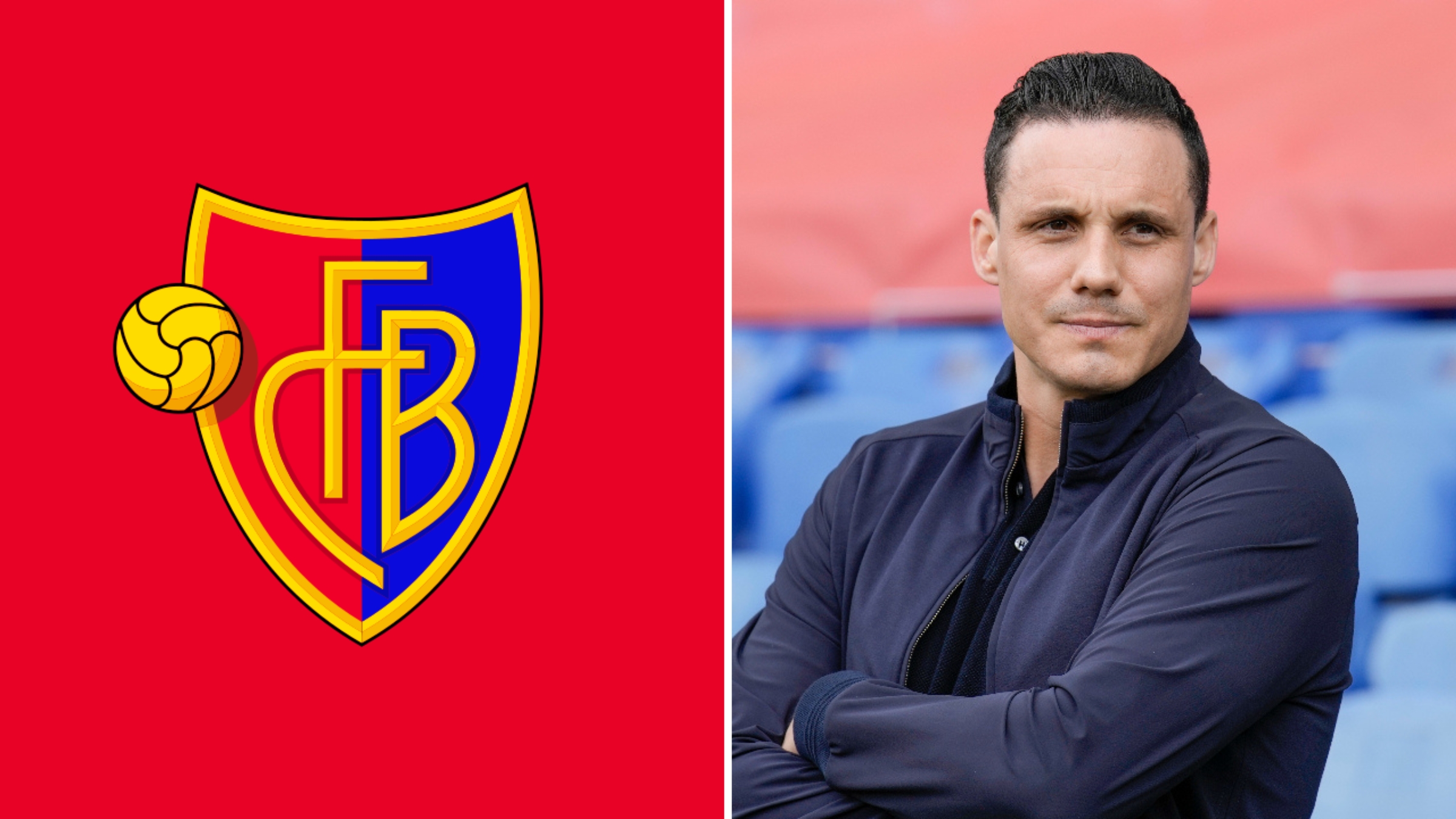In today’s competitive football world, clubs often struggle to balance financial sustainability with success on the pitch. For clubs outside the top-tier elite, relying solely on revenue from commercial deals and broadcasting rights isn’t enough. Southampton FC, under the technical leadership of Les Reed, became a prime example of how smart player trading can turn a club into a financial powerhouse while achieving success on the field.
From 2014 to 2017, Reed’s player recruitment, development, and sales strategy netted Southampton an impressive £371 million. This case highlights how well-executed football club management, scouting, and player trading can transform a mid-sized club into a financial success story.
The Strategy Behind Southampton’s Success
Southampton’s rise under Les Reed was no accident. Reed, as Executive Director of Football, implemented a recruitment model based on several core pillars:
- Develop and sell high-potential talent.
- Scout undervalued players.
- Enhance player value through development.
- Maximize profit through smart transfers.
This approach wasn’t new in football, but Reed’s execution was outstanding. Southampton had to operate within financial constraints and couldn’t compete with the Premier League’s biggest budgets. However, this limitation became an advantage, forcing the club to focus on talent identification, development, and ultimately, player trading.
1. Developing and Selling High-Potential Talent
Southampton’s academy has always been one of its key assets, producing stars like Gareth Bale, Theo Walcott, and Alex Oxlade-Chamberlain. Under Reed, the academy aligned closely with the club’s playing philosophy. The focus wasn’t just on developing homegrown talent but ensuring these players thrived in a system that maximized their potential.
This pathway from academy to first team increased the market value of players, making them highly sought after. For example, Luke Shaw’s sale to Manchester United for £30 million in 2014 set the tone for the club’s ability to capitalize on academy products while complementing them with smart scouting.
2. Scouting for Undervalued Players
Reed’s second pillar was a data-driven approach to scouting. The club’s network identified players who were undervalued or had potential to increase their value once given first-team football. Some notable examples during Reed’s tenure include:
- Virgil van Dijk: Signed from Celtic for £13 million in 2015, Van Dijk became a key figure at Southampton. He was sold to Liverpool in 2017 for £75 million, setting a world record for a defender at the time.
- Sadio Mané: Signed for £11.8 million from Red Bull Salzburg in 2014, Mané was sold to Liverpool for £34 million in 2016 after becoming one of the Premier League’s most dynamic attackers.
- Dejan Lovren: Purchased for £8.5 million from Lyon in 2013, Lovren was sold to Liverpool in 2014 for £20 million.
- Dusan Tadić: Signed from FC Twente for £10.9 million, Tadić later moved to Ajax for €11.4 million, where he became a standout performer.
In each case, Southampton scouted players who had yet to reach their peak market value. These investments paid off as these players’ performances attracted attention from the Premier League’s top clubs, dramatically increasing their transfer value.
3. Enhancing Player Value through Development
Reed’s approach wasn’t just about buying low and selling high. He focused on creating an environment where players could thrive and boost their market value. Southampton’s coaching staff emphasized not just winning games but also developing players. This holistic approach to football club management helped players improve their game, which in turn increased their market value.
For example, Sadio Mané developed into a world-class winger during his time at Southampton. His tactical intelligence and physicality grew, making him the perfect fit for Liverpool’s high-intensity style.
This philosophy of maximizing a player’s potential not only helped the club on the pitch but also made them highly attractive to wealthier clubs willing to pay a premium for developed talent.
4. Maximizing Profit through Smart Transfers
Les Reed understood both the football and business sides of the game. His goal wasn’t just to compete in the Premier League but to create a sustainable business model where player trading provided consistent revenue. Reed’s careful negotiation of transfer deals helped Southampton maximize their return on player sales.
One of Reed’s most significant moves was setting a market precedent for defenders with Virgil van Dijk’s £75 million transfer to Liverpool. This transfer showed that even defensive players, often undervalued in the market, could command massive fees if developed and marketed correctly.
By consistently selling players at a high profit, Southampton secured financial stability and reinvested intelligently in the squad. This cycle of buying, developing, and selling allowed the club to stay competitive while generating substantial revenue.
Lessons for Sporting Directors
Les Reed’s work at Southampton FC offers key lessons for future Sporting Directors:
- Align Talent Development with Business Goals: Make sure your club’s vision connects player development with financial objectives.
- Invest in Scouting: A data-driven scouting network that identifies undervalued talent can be transformative for mid-sized clubs.
- Focus on Player Development: The best way to increase a player’s market value is to provide an environment and coaching that allow them to become elite athletes.
- Sell Smart: Maximizing profit through transfers requires not just good scouting but shrewd negotiation and understanding the best time to sell.
Conclusion
Les Reed’s tenure at Southampton FC shows how a well-thought-out strategy can generate £350+ million in player trading in just three years. His leadership serves as a blueprint for football club management in the modern era, proving that strategic recruitment and player trading can create not only a competitive team but a thriving business.
If you want to learn more about the strategy behind this success and how to apply it to your own career, Les Reed will be teaching these principles in our Mini MBA in Sporting Directorship starting on September 9th, 2024. This program is designed for those who aspire to lead in the football industry, providing the tools to master scouting, player trading, and technical leadership.
Join Us: Master the Strategy Behind the Success
The Mini MBA in Sporting Directorship starts on September 9th, 2024. This is your opportunity to learn how to build a recruitment strategy that drives both on-field success and long-term sustainability. Dive deep into technical leadership, scouting, player trading, and transfer management, and gain the practical skills needed to excel in football club management.
Learn from one of the best in the business. Get details now at https://focuseducation.co/minimba-sporting-directorship/










